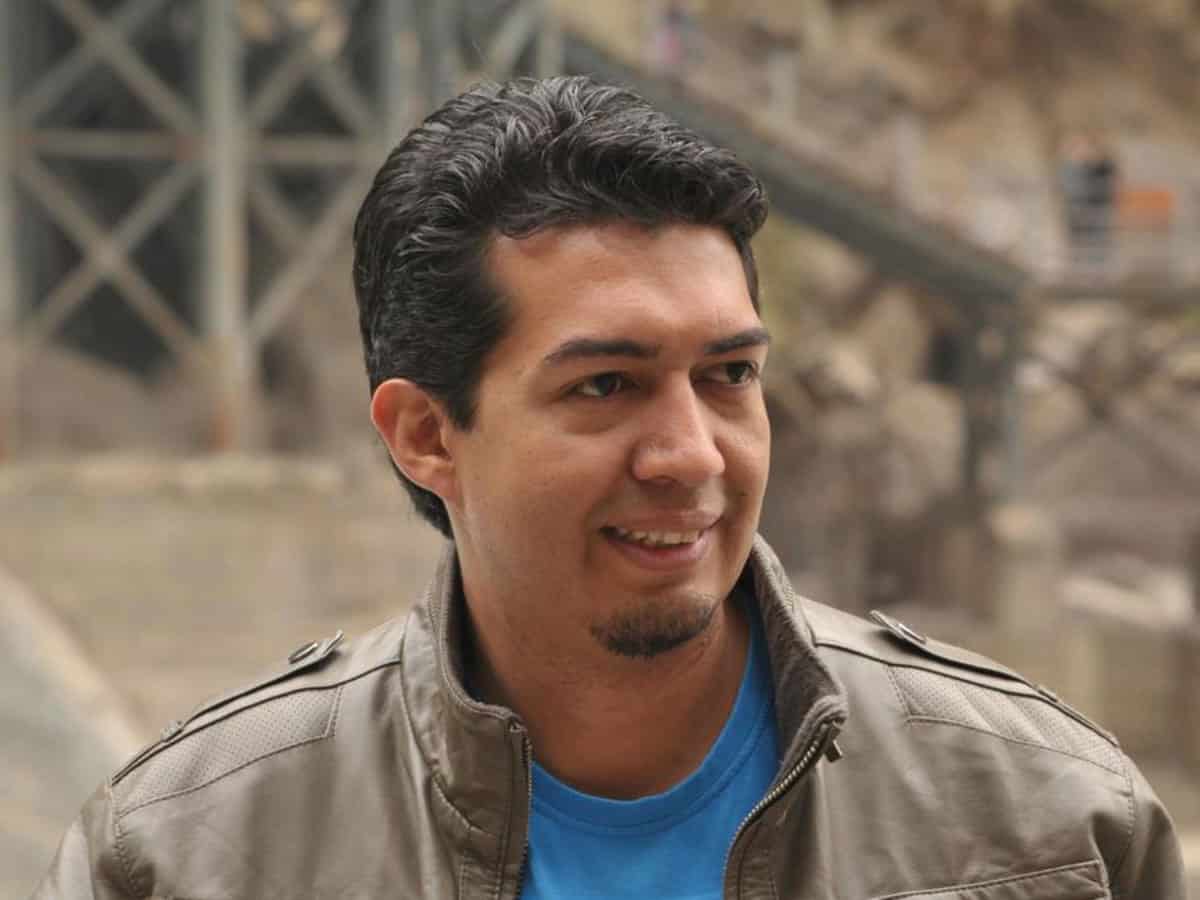With Mexico’s new president making deep cuts to the country’s budget, including science, Fernando Fabián Rosales-Ortega – an astronomer from the National Institute for Astrophysics, Optics and Electronics – talks to Peter Gwynne about how institutions are coping

What is the scale of the cuts to Mexican science?
When Andrés Manuel López Obrador campaigned for the presidency of Mexico last year, he promised to support science and technology. But once in power after his overwhelming victory in December, his tone changed. As part of a broad effort to combat what he sees as civil servants’ use of government funds to live luxurious lives, López Obrador has slashed funding for the National Council for Science and Technology (CONACYT) – Mexico’s main research funding agency – by 12% and in some cases the council has begun asking institutions to contribute up to 50% of the costs of their research projects. The president has also halved the budgets for government-supported scientists’ trips abroad – something he called “academic tourism” – and has reduced research organizations’ budgets for fuel and office supplies by 30%.
What is Mexico’s scientific community doing in reaction?
The cuts have affected every scientific field from anthropology and chemistry to social science. All are facing problems due to cuts at different levels. Unfortunately, there’s still not a defined “scientific community” in Mexico. Many scientists, most of whom voted for López Obrador, still believe that the government will provide funds at some point. They are reluctant to believe that the cuts exist despite the evidence. However, for the first time, researchers from very different institutes and backgrounds have organized a movement called @ProCienciaMx that has created a petition asking the government to stop the cuts, to provide sufficient funds to science, and to stop the president’s attacks on the scientific community. So far, it has been signed by more than 17,000 people.
Has the petition had any effect?
We delivered the petition to the president but have not received a reply. Indeed, the problem has scaled from something administrative – budget cuts – to something rather political. For example, the president and CONACYT attacked Foro Consultivo de Ciencia y Tecnología – a prominent independent organization that was formed by senior scientists and promotes science in Mexico – accusing the group of being a burden on the system. The president also wants to centralize all the power and decision-making to the federal government so it can follow its agenda without considering other voices or opinions.
What actions have physics and astronomy organizations taken to cope with the cuts?
That depends on the organization and department. Institutes in Mexico are very diverse, and their funding and resources are also different. My department, for example, belongs to the National Institute for Astrophysics, Optics and Electronics (INAOE), which gets its funding from CONACYT. Therefore, we depend on the budget assigned by the ministry and don’t have any other sources of funding. In contrast, physics and astronomy departments that belong to the National Autonomous University of Mexico have more freedom, given that their funds depend on the university’s general budget. They even have their own grants and internal resources.
How has your institute reacted?
INAOE’s administrative department has tried to diminish the effect of the cuts by assigning budgets internally from one source to another. But still we have some important problems. For example, we don’t have funding to travel outside of Mexico. So all conferences, research stays, and observing runs that depend on the INAOE budget are being cancelled. Twenty people who were working under contract without tenure or permanent positions were dismissed – they had played an important role in many projects and grants.
How have those actions affected research projects?
That depends on the researcher and specific projects. In my case, the grants for infrastructure and technology were cancelled, so I don’t have funds to buy equipment for my small astronomical instrumentation lab. This year I was planning to go to a couple of conferences in the US and Europe as well as carry out a research stay in Madrid, but I will now have to cancel all my plans. People in other departments will also be affected as their lab equipment requires maintenance by external companies. With no money now to do this, contracts will have to be cancelled.
How does the future look?
The problem is that there’s no information from the administration about whether we’re going to receive funds or not. Technically the funds are not officially cut but “frozen” until further notice. The money is transferred on a monthly basis from the finance ministry to the institutes, and the latter don’t know the amount of money they’re going to receive and whether it will be enough to cover contracts, fees and operational costs. We still don’t know if the operation of our Guillermo Haro Observatory in Sonora will be compromised by the end of the year or whether the fees that we need to cover the Gran Telescopio Canarias will be available or not. There’s currently much uncertainty.
- For more on science in Mexico see our 2015 special report



